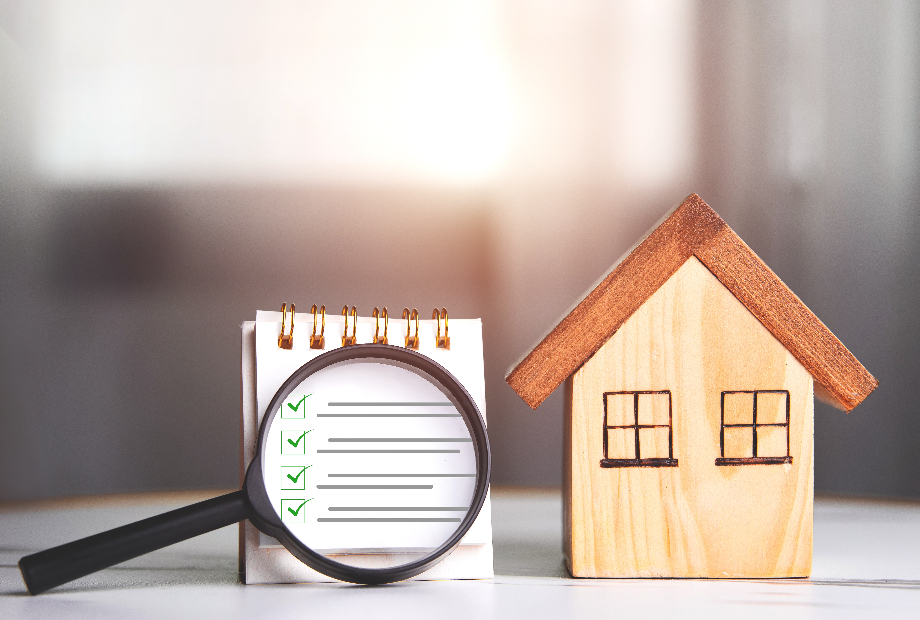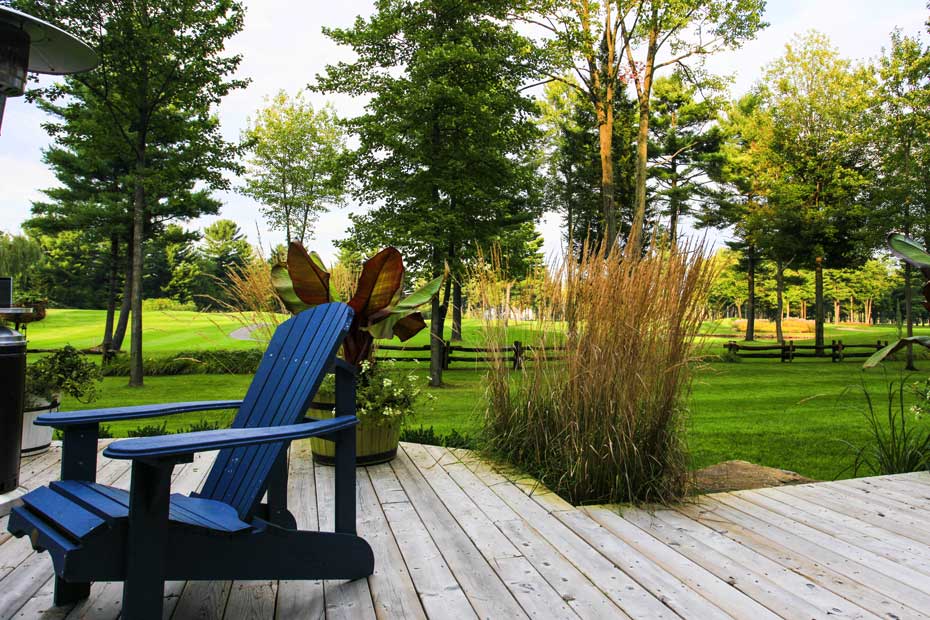Thinking about buying a home? Have you considered the option of a condo? Because condos are more affordable, require less maintenance, and offer closer proximity to city centres, this may be a more desirable option than buying a house if you’re a physician.
After reviewing your budget, consider these questions to see if condo life might be right for you.
1. How close can I be to work?
Condos are often located in or near urban areas, where there isn’t a lot of detached housing. If your position is at a hospital or practice in a large city, a condo may be perfect for you. You’ll save time with shorter commutes and have shops, restaurants and public transportation nearby.
2. How do I feel about home maintenance?
While working long shifts, it’s unlikely you’ll have much time left to think about landscaping or maintaining the exterior of your home. One of the main benefits of condo living is that they are easy to maintain — for many, this is a big draw. As a condo owner, shovelling snow, mowing the lawn, and cleaning out the eavestroughs are jobs you won’t have to do for yourself.
3. Am I OK with rules?
Condominium corporations are governed by the Condominium Act, 1998 that allows a condo corporation to make bylaws and rules that owners must adhere to. The rules are intended to protect the investment and the property of the owners and create an environment that all owners buy into.
While the rules are created with owners’ interests in mind, it’s important that you understand what they are before you purchase to ensure they fit with your lifestyle. For instance, some condo corporations have a restriction on pets, visitor access to shared facilities, short-term rentals and parking. Some also require specific window coverings and limit balcony usage (i.e., no barbecuing or hanging of laundry).
4. Would I use a gym/pool/party room?
Many condo buildings have amenities, such as a gym, party room, pool, guest suites, concierge and parking. Generally speaking, the more the amenities, the higher the maintenance fees of the condo.
Maintenance fees are a monthly expense that all condo unit owners pay. It’s a shared pool of money that helps the building pay for expenses throughout the year, covering costs such as utilities (i.e., water and garbage collection), building insurance, maintenance of common areas (such as the front desk, hallways, landscaping) and the building’s reserve fund. These fees are in addition to your mortgage and should be carefully weighed as you evaluate your decision to buy a condo.
“Condo fees really have to be considered in the overall home buying budget,” says Nicole Daoust, RBC Mortgage Specialist. “If a buyer is getting a pre-approval and they’re looking at condos, we have to ensure that their pre-approval has allowed for this, because condo fees are factored into their capability to qualify.”
Bottom line: If you feel you will make good use of the building’s amenities, you may feel comfortable paying them. If not, you may want to find a building with lower fees and fewer facilities.
5. What kind of tradeoffs am I willing to make?
What are you looking for in a condo? Is your priority a large space, or a modern unit with the latest tech and décor? Do you need a balcony, or would you prefer a pool? It’s not always easy to get everything you want in a condo – typically, newer units are smaller but come with modern finishes, while older units may come with more square footage. Understanding your personal priorities can help you first determine if a condo is the right fit for you and what kind of building would be the perfect match.
6. Am I willing to do upfront research?
Buying a condo, like buying a house, requires some legwork on your part to ensure you’re getting a fair deal and won’t be faced with any surprises after closing. While it’s always a good idea to have your unit evaluated by a certified home inspector, it’s just as important to inspect the paperwork of the building you’re buying into and the condo board that runs it.
For starters, you’ll want to take the time to read your building’s declaration, which is essentially a condo’s charter or constitution. If you’re buying a brand-new condo, you’ll then want to read the disclosure statement provided by the developer and have it reviewed by a lawyer with experience in condo law (if you’re buying a resale condo, you’ll want to request the status certificate). These documents will tell you the condominium corporation’s management structure, common expenses, the current budget, any legal issues or proceedings, unit leases, insurance, upcoming repairs or maintenance as well as the size of its reserve fund, which is the money set aside to pay for capital expenses.
If you’re serious about a condo, it’s also worth speaking with some of your potential neighbours and meeting some members of the condo board. Once you move in, attending meetings and potentially joining the board can allow you to have a say in the way the building is managed.
7. How long do I plan to live in my condo?
Understanding how long you plan to live in one place can help determine if buying is right for you. Do you plan to practice in the same city where you’re doing your residency or fellowship? Or do you want to move to start practicing? If you plan to stay in the same area to practise, it might make sense to buy a home.
And if you’re pursuing a subspecialty, your secondary match may mean moving to another city after your initial residency. In this case, it may make more sense to wait before buying to have more flexibility.
Want to learn more about the home-buying process? These stories can help you plan ahead, prepare financially, and find the right home for you.
Related stories:
4 Questions Everyone Should Answer Before Buying a Home
First Time Homebuyers: Don’t Overlook These Budget-Busting Costs
This article is intended as general information only and is not to be relied upon as constituting legal, financial or other professional advice. A professional advisor should be consulted regarding your specific situation. Information presented is believed to be factual and up-to-date but we do not guarantee its accuracy and it should not be regarded as a complete analysis of the subjects discussed. All expressions of opinion reflect the judgment of the authors as of the date of publication and are subject to change. No endorsement of any third parties or their advice, opinions, information, products or services is expressly given or implied by Royal Bank of Canada or any of its affiliates.



















